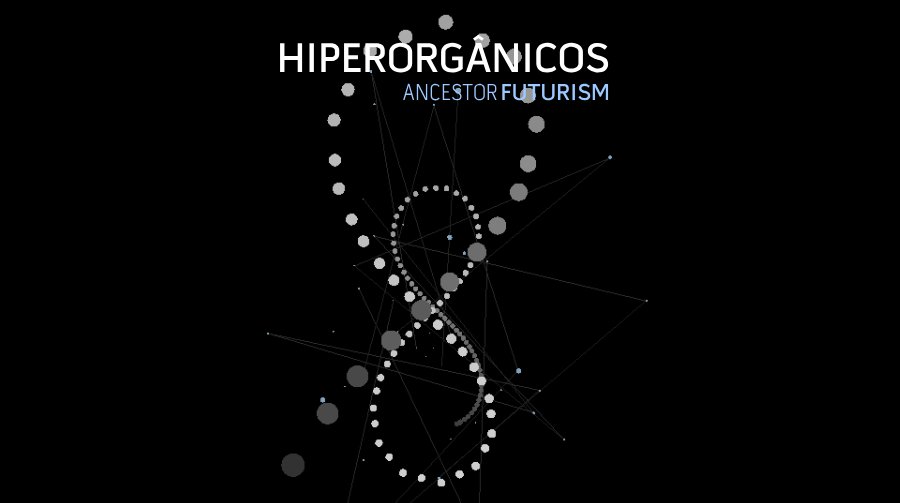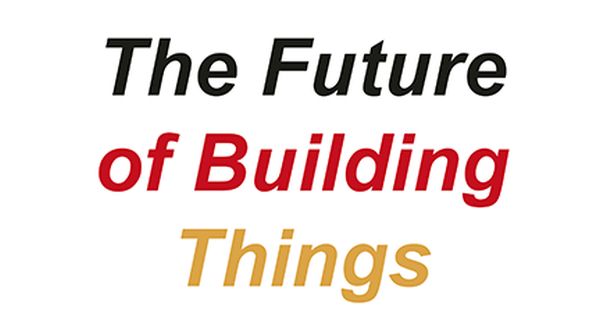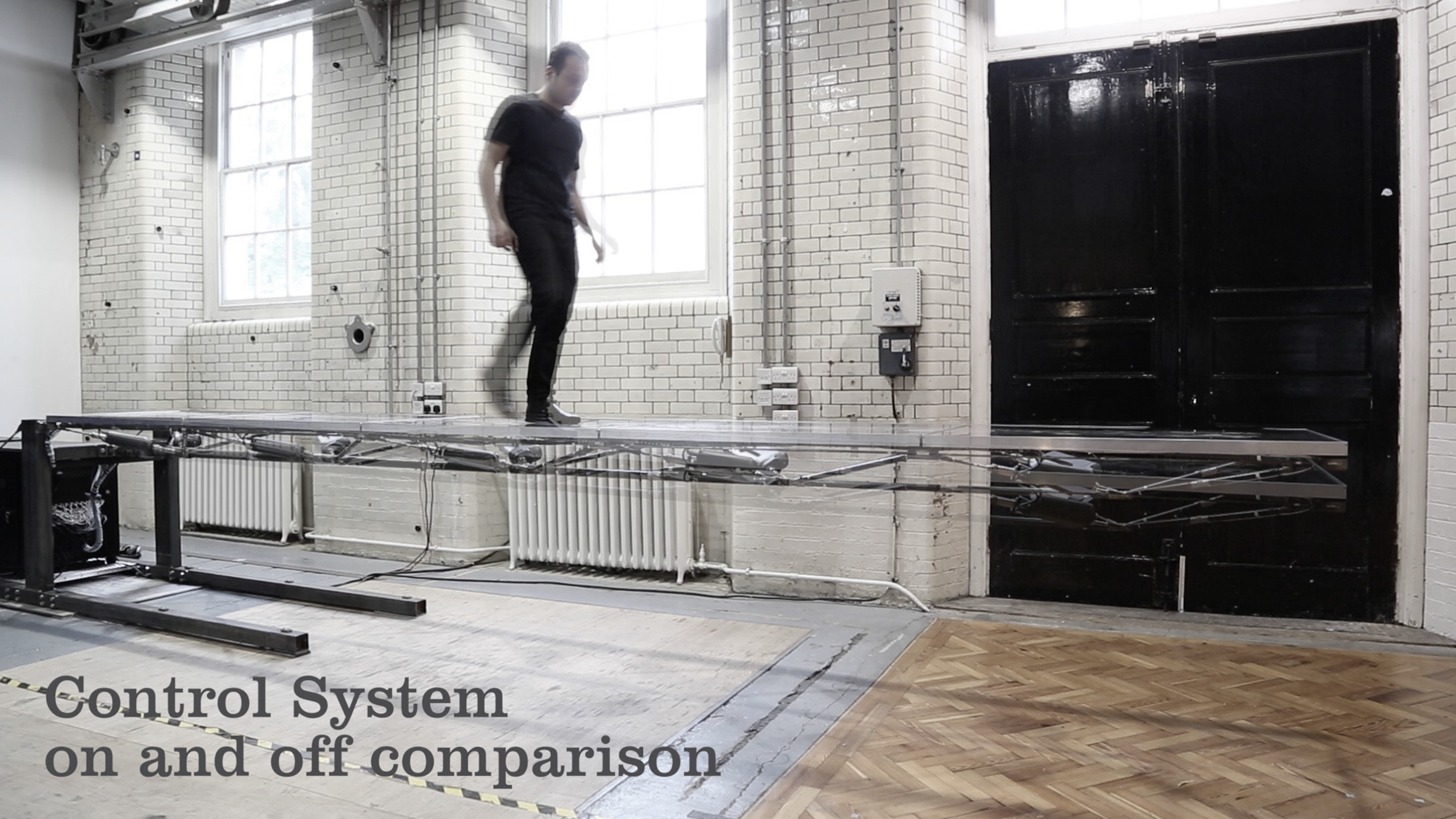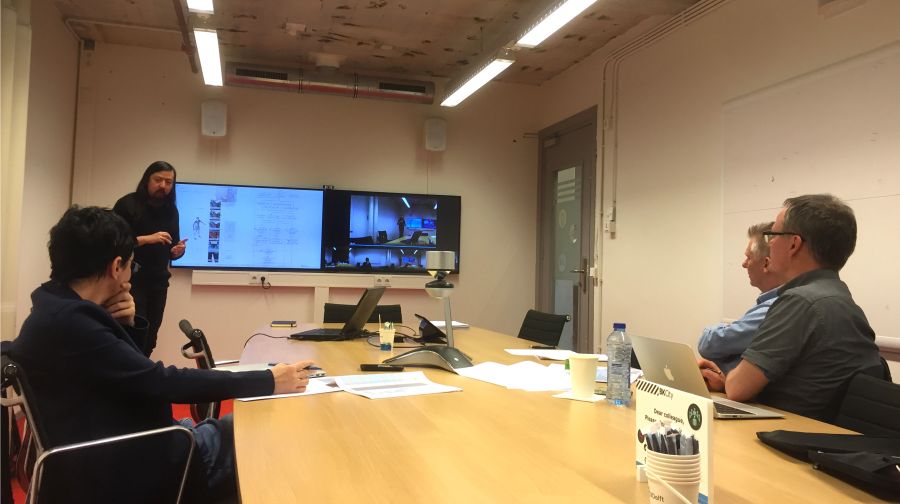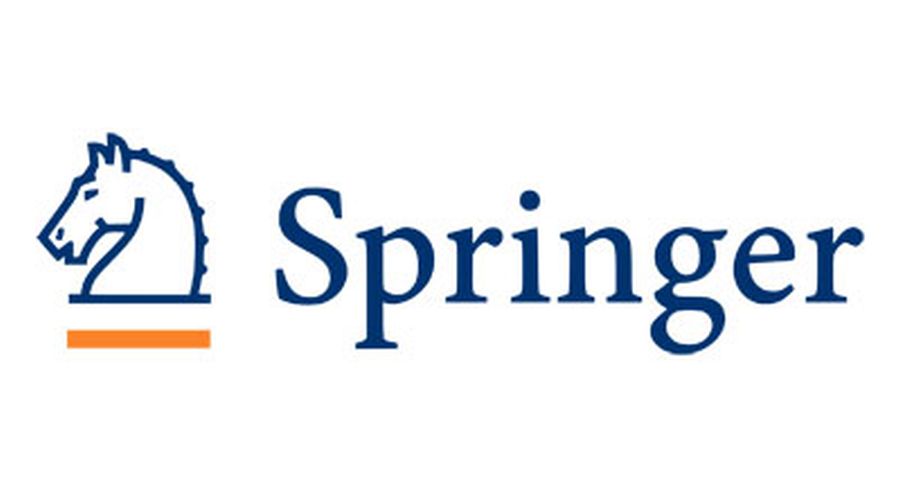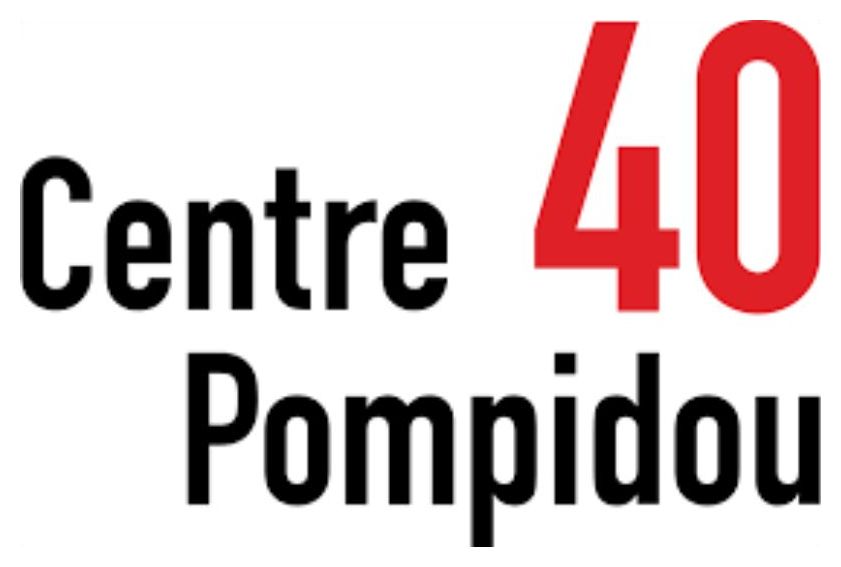Workshop at H8:A participants presented on 26/5 three projects: One using physical motion to define the position of digital objects within a virtual space, the other one using physical muscle contractions and arm orientations / motions to select and move digital objects within a virtual space, and the last one light-sensitive sensors to control the pixilation and fragmentation of a displayed digital image.
Uncategorized
Alexander Liu Cheng, Henriette Bier, and Sina Mostafavi publish a paper on Integration of a Wearable Interface in a D2RP&O Development
Alexander Liu Cheng, Henriette Bier, and Sina Mostafavi publish a paper on Integration of a Wearable Interface in a Design-to-Robotic-Production and -Operation Development in the 35th International Symposium on Automation and Robotics in Construction (ISARC 2018) (July 20-25, 2018) Continue reading →
Dr Gennaro Senatore lectures on “Adaptive Structures: Infinitely Stiff, Extremely Slender, Ultra-Light Weight”
May 12th, 2017 – 12:15 @ Protospace, TUD
Designing structures with minimal environmental impact is now a serious concern in the construction sector. Active control has been used in civil engineering structures for a variety of purposes. The most widespread application so far has been in vibration control. The potential of using adaptation to save material mass has been investigated by some but whether the energy saved by using less material makes up the energy consumed through control and actuation is a question that has so far received little attention.
Continue reading →
PhD review of Alex Liu Cheng
PhD candidate Alexander Liu Cheng undergoes his Go/No Go evaluation (23.03.2017) before his Supervisors, viz., Prof.ir. Kas Oosterhuis and Dr.-Ing. Henriette Bier; and External Reviewers, viz., Prof. Dr. Keith Evan Green (Cornell University) and Dr. Holger Schnädelbach (University of Nottingham). The Go/No Go evaluation is the mandatory first-year evaluation of the candidate’s undertaken work and corresponding results. It is intended as a mechanism to ensure quality, pertinence, and appropriate levels of innovation expected of doctoral work.
Continue reading →
Springer Series in Adaptive Environments
The Springer Series in Adaptive Environments presents cutting-edge research around spatial constructs and systems that are specifically designed to be adaptive to their surroundings and to their inhabitants. The creation and understanding of such adaptive Environments spans the expertise of multiple disciplines, from architecture to design, from materials to urban research, from wearable technologies to robotics, from data mining to machine learning and from sociology to psychology. Continue reading →
March 14th – June 19th Robotic Building team participates in the exhibition Imprimer le monde at the Centre Pompidou
This exhibition is part of the first edition of Mutations/Creations, a new platform for art, science and innovation at the Centre Pompidou, in collaboration with Ircam. Imprimer le Monde will be held from March, 15th 2017 to June, 19th 2017.
Continue reading →

